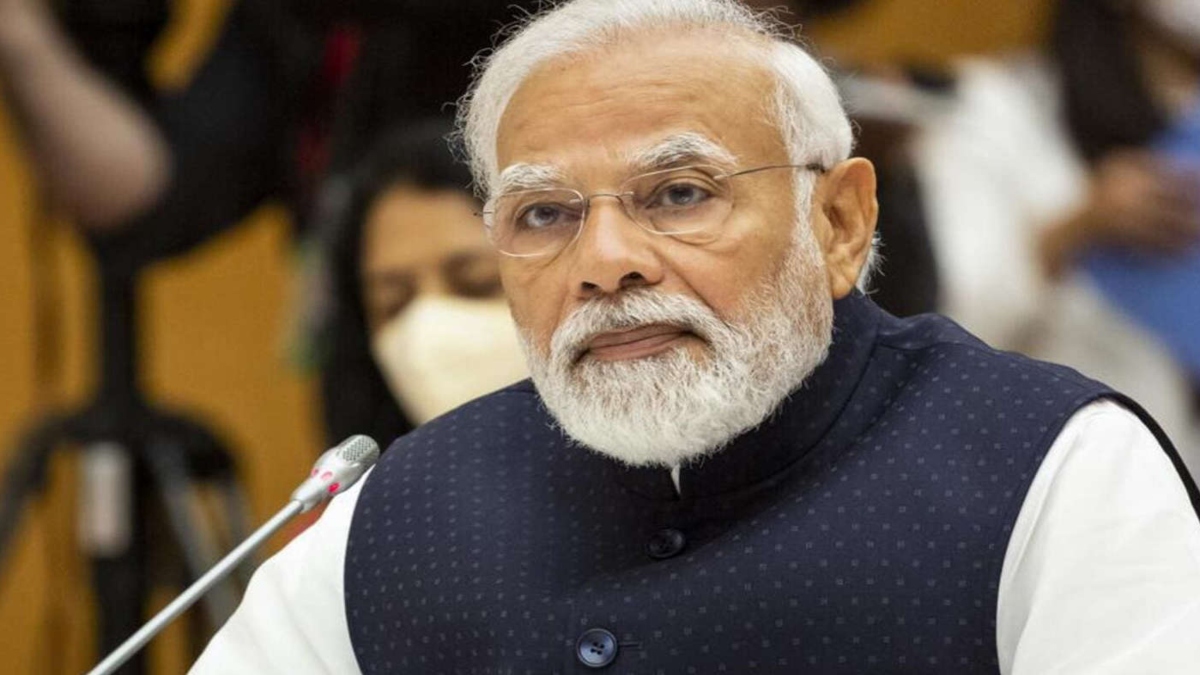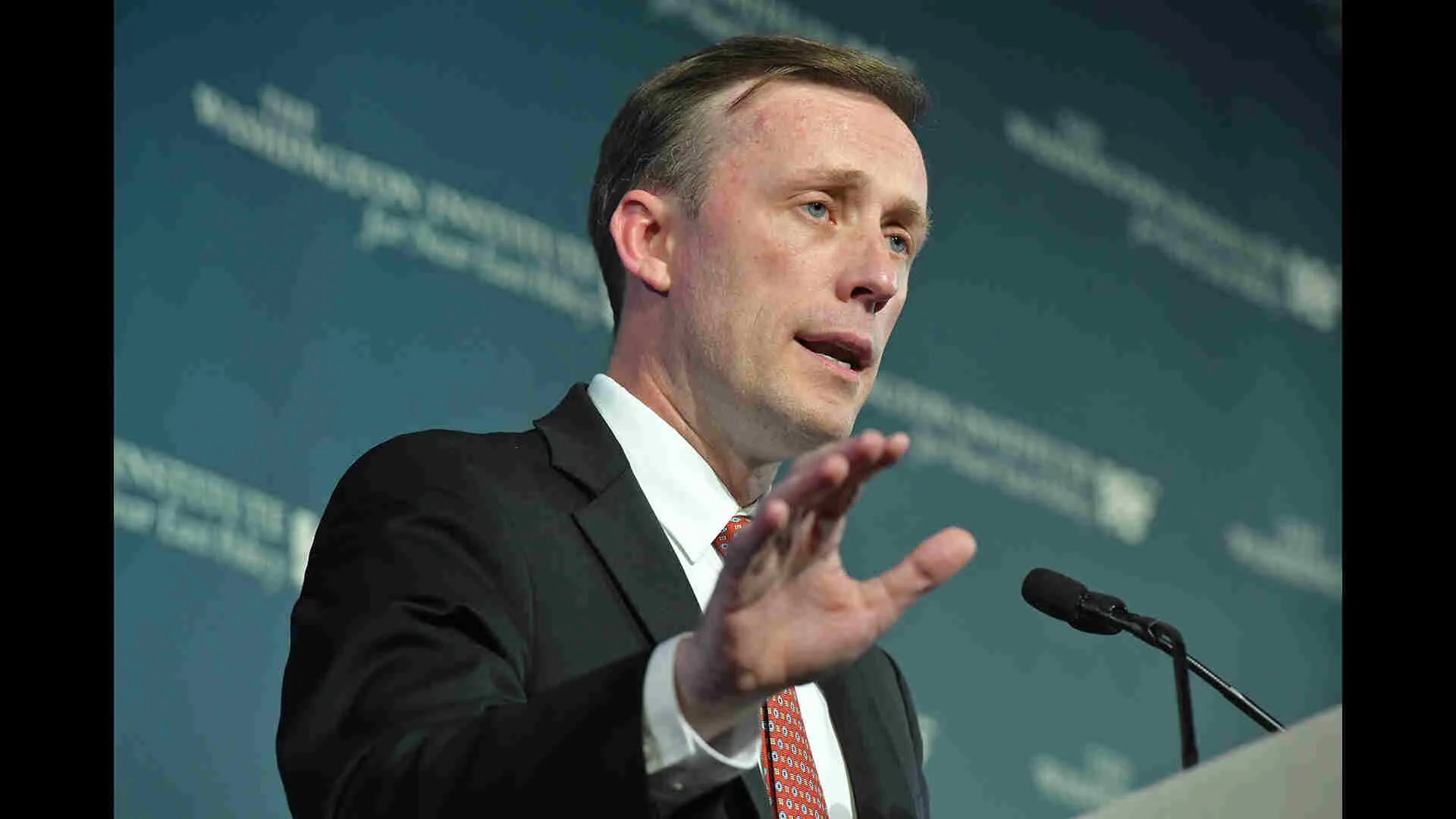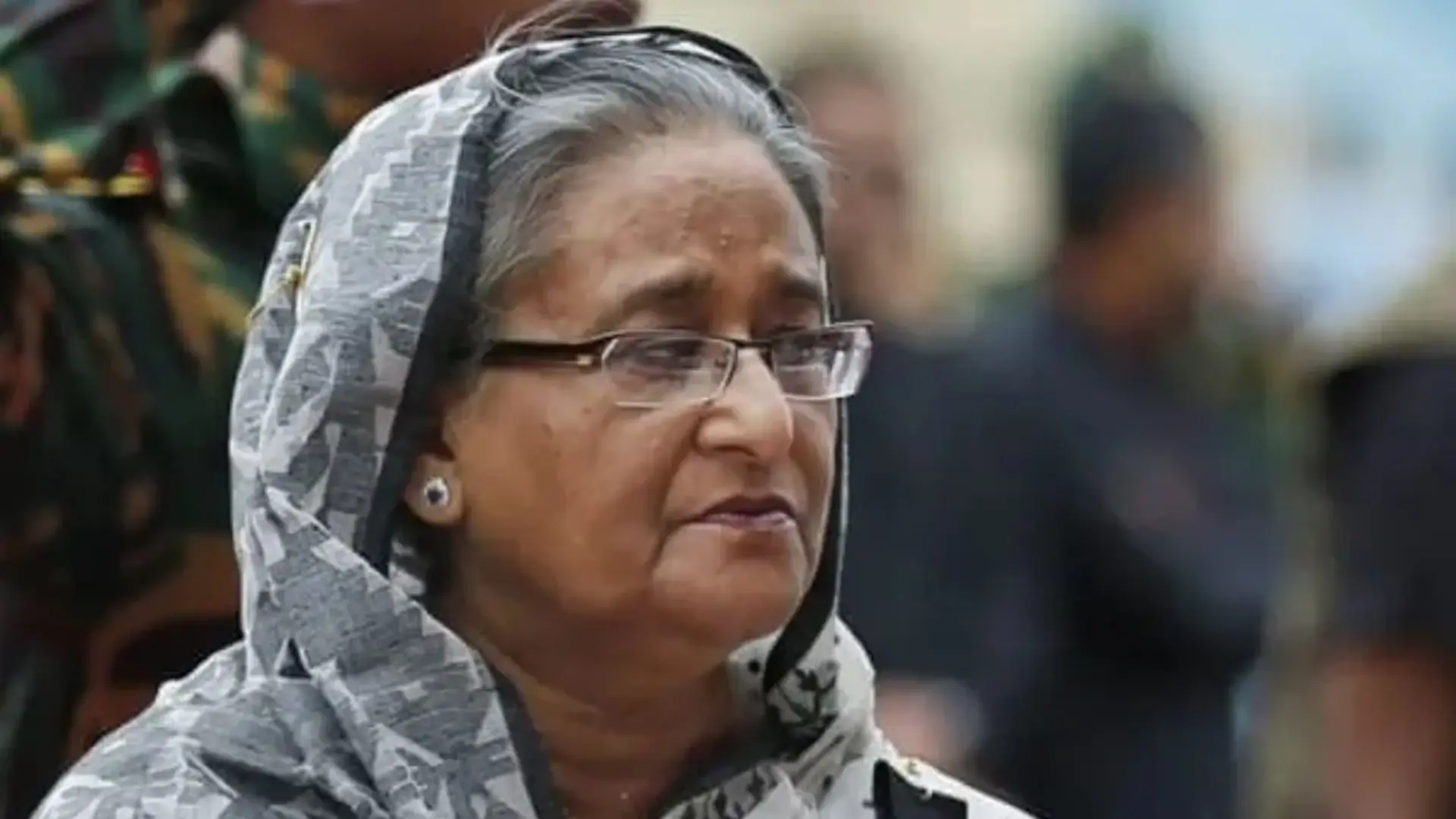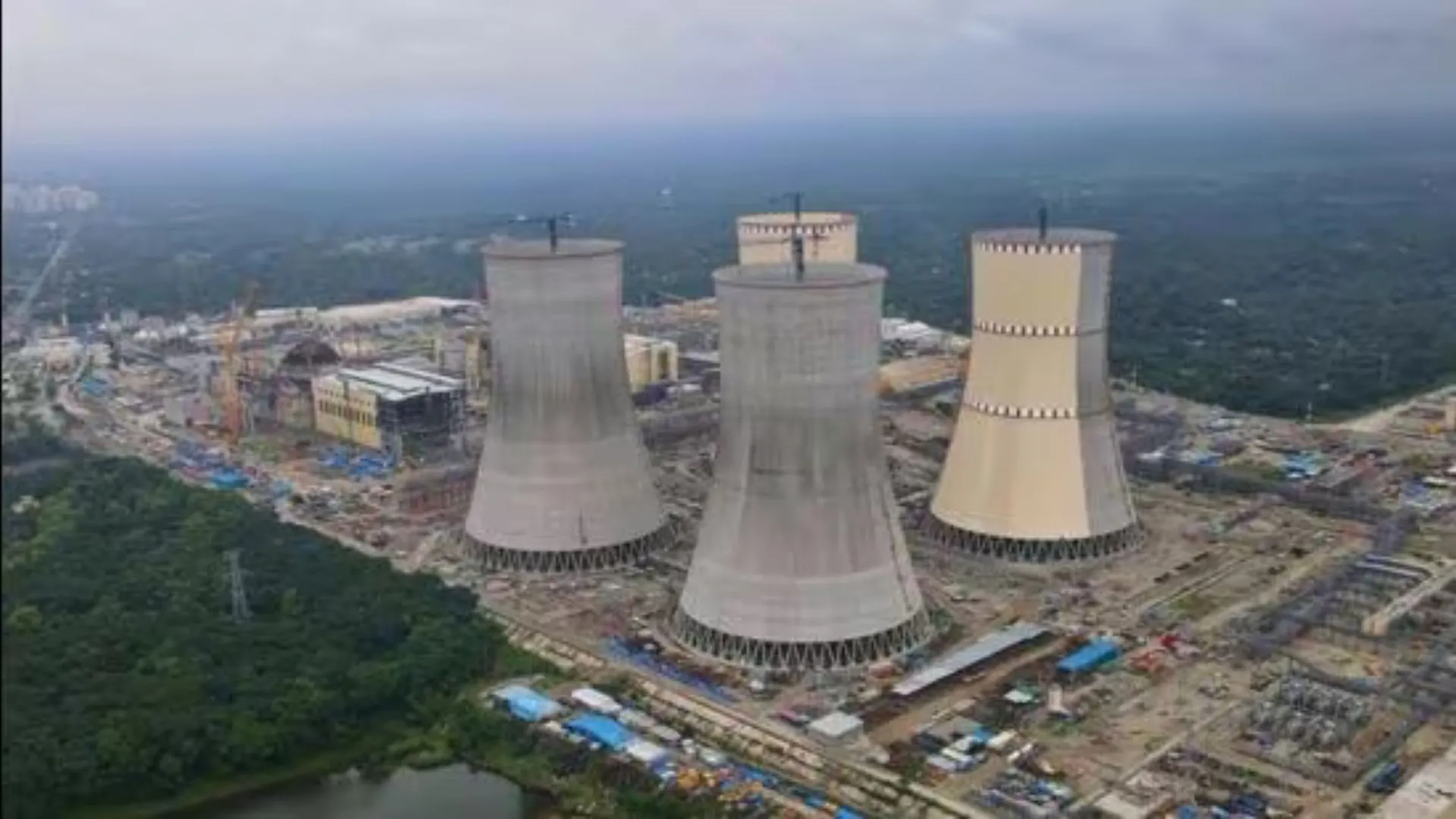Prime Minister Narendra Modi on Wednesday inaugurated the 2600-bed Amrita hospital, which, once it starts functioning at its full capacity, will become Asia’s largest multi-speciality and the largest private hospital in the country. The hospital has been established by renowned humanitarian and spiritual leader Mata Amritanandamayi Devi, who is also known as ‘Amma’.
The said hospital, which is spread across 130 acres in Sector 88 of Faridabad and will operate as a non-profit enterprise, is expected to significantly reduce the burden of the other prominent hospitals in the National Capital Region (NCR)-including the government ones like the All India Institute of Medical Sciences (AIIMS), Delhi-face. The foundation stone of the said hospital was laid in 2016.
Similarly, as per experts, the decision of the hospital to function as a non-profit enterprise will lead to affordable treatment, something that will push the other private hospitals to follow suit. The Amrita hospital, people associated with it said, will provide free and inexpensive treatment to emergency patients belonging to the economically deprived sections of society. Given the sheer number of experts and service staff that the hospital will hire, it is also likely to provide a much-needed career opportunity for hundreds of medical experts practising in the NCR region. According to estimates, it will have nearly 1,000 doctors and 10,000 other employees.
While inaugurating the event, a visibly happy PM Modi, who has been constantly pushing to improve the health care system in the country, spoke in detail about the hospital and how it will benefit the people.
“This hospital is a blend of modernity and spirituality and will become a medium of accessible and affordable treatment for needy patients. It is unparalleled in every way, from the architecture and modern technology to the spirit of compassion and care.It is an amalgamation of spiritual consciousness and offerings from the modern world. The hospital will be a very effective medium of effective and accessible care for the poor,” he said.
“Amma is the embodiment of love, compassion, service, and sacrifice. She is the carrier of India’s spiritual traditions. I salute her for giving us the nectar of her blessings in the shape of Amrita Hospital in Faridabad. India is a nation where healing the sick is considered a sacred service, where health and spirituality are interconnected. The system of discharging the responsibilities of education and medicine by religious and social institutions was the PPP model of olden times. It is called Public-Private Partnership, but I also see it as ‘Paraspar Prayas’ (mutual effort),” the Prime Minister said.
Among others, the Governor of Haryana, Bandaru Dattatreya, Chief Minister Manohar Lal Khattar, Deputy CM Dushyant Chautala, and union minister and local Member of Parliament, Krishan Pal Gurjar were present.
In her address, Amma said, “Illness creates a state of desperate unhappiness. So, more than anyone, it is those suffering from illness who need our patient and loving care. Hospitals are their sole refuge, shelter, and sanctuary. As far as the patient is concerned, the doctor is God’s visible form because they are the ones who are able to give the patients some relief when they are in pain. Due to this, all those working at the hospital—be it the doctors, nurses, or other employees—should always have a heartfelt smile on their lips. They should be people who can speak pleasant words. Their eyes, words, and touch should be gentle and kind. They should be good listeners and must be able to work with patients, bearing in mind their mental state.”
Chief Minister Khattar, while thanking Amma for choosing Faridabad for establishing the first-ever Amrita Hospital in North India, said,” The Prime Minister’s desire is that every district in the country should have at least one medical college. Haryana is making great strides in this. In 2014, there were 7 medical colleges in the state, with 700 MBBS seats. We added 6 more colleges and increased the seat count to 1,650. We are now going to establish 8 more medical colleges in the state, in addition to the one at Amrita Hospital, increasing the seat count to 2,800 in total. With this, every district in Haryana will have a medical college, fulfilling Prime Minister Modi’s vision.”
Out of the 2600 beds, 534 of them will be ICU beds. The hospital, initially, will start with 500 beds and 51 specialty departments. Once it becomes fully operational, which is likely to be by the end of 2026—starting in 2027, it will have 81 speciality departments (the highest in India), along with 64 state-of-the-art Operation Theatres and 10 bunkers for precision medicine oncology, the first in India.
It will also have a 150-seat, fully residential MBBS program, a nursing college and a college for allied health sciences. The hospital will also host the largest, fully automated Smart Lab in the country for processing blood and other vital samples.
The hospital campus itself, which comprises 130 acres, is the largest green-building healthcare project in India, with a minimal carbon footprint and zero wastewater discharge. It will eventually be solar-powered. The total built-up area is more than 75 lakh sq. ft., including 36 lakh sq. ft. of hospital buildings.
Among the specialities that it will have are a heart institute, an institute for high-precision cancer diagnosis and therapy, solid-organ transplantation, an advanced centre for neurosciences and epilepsy, a Centre of Excellence in nephrology and urology, an institute for minimally invasive and robotic surgery, a centre for bone and joint diseases, an advanced centre for lung diseases, an institute for physical medicine and rehabilitation, a centre for spinal disorders, an advanced laboratory for molecular diagnostics, and an advanced centre for medical imaging and interventional radiology, among other centres.
It will also have a highly specialised multidisciplinary children’s hospital with maternal, reproductive, and foetal medicine and all paediatric subspecialities including paediatric cardiology, heart surgery and transplantation, rheumatology, endocrinology, pulmonology, neurosciences, paediatric genetics, gastroenterology, paediatric orthopaedics, and paediatric and foetal surgery.
The hospital administration will give special attention to maternal care as this is a feature that most hospitals in India lack, as many private hospitals view maternal care as monetarily unsustainable.













